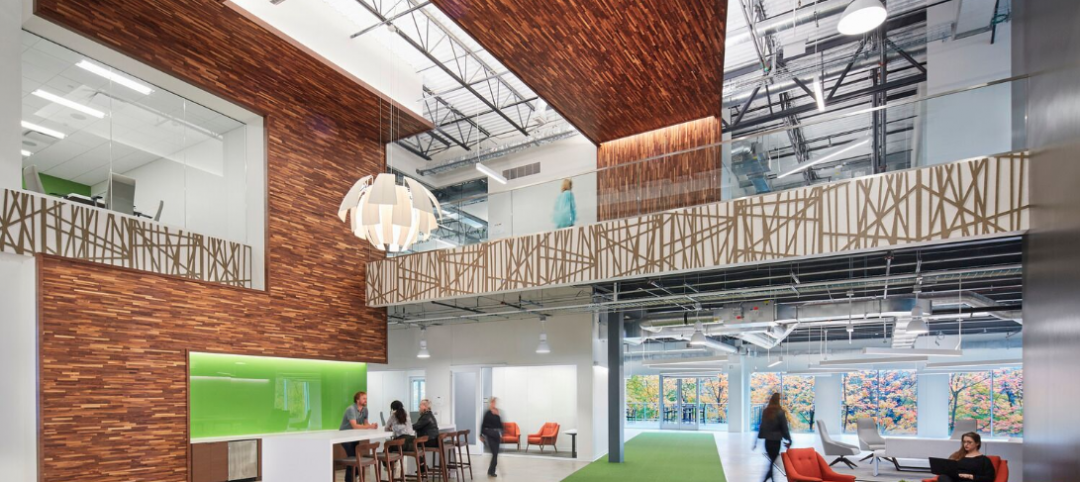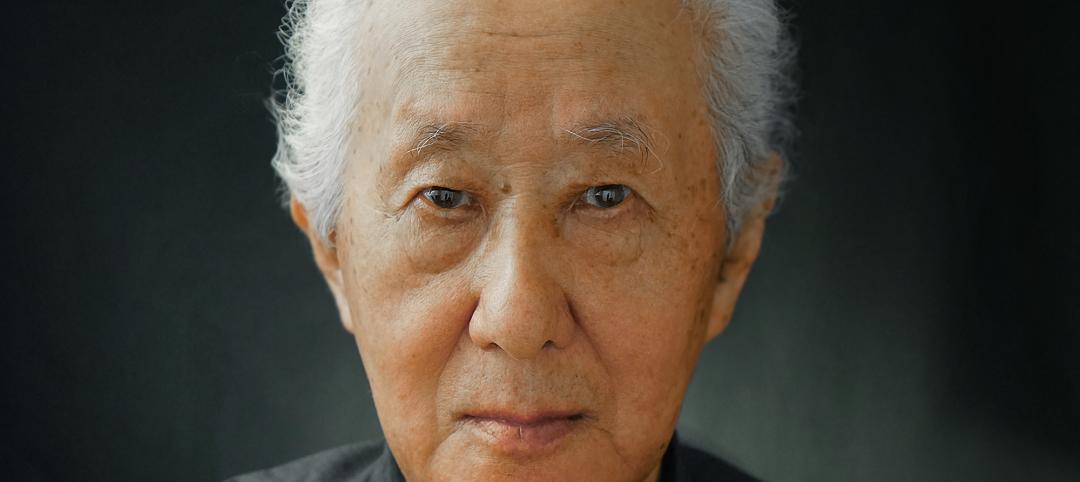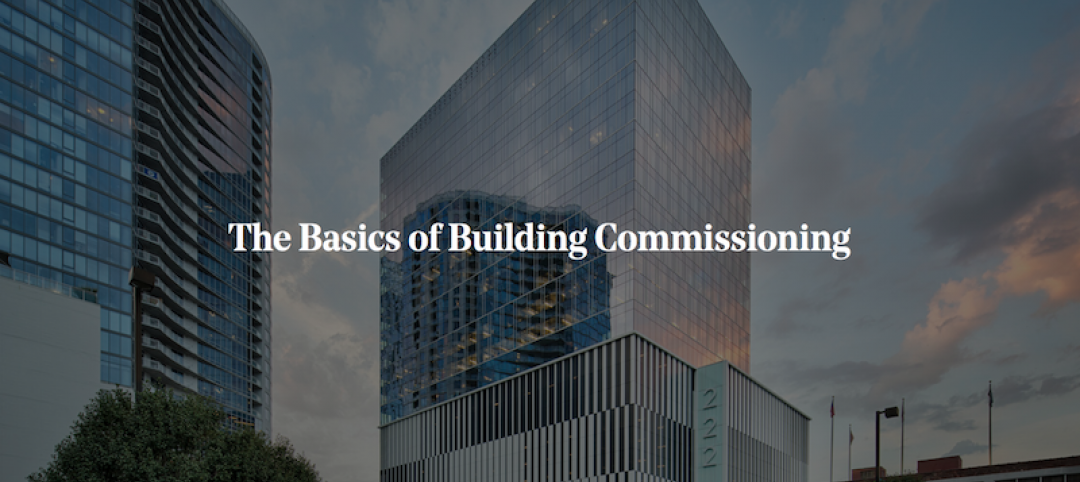The AIA Foundation has commended the addition of 35 new cities worldwide to 100 Resilient Cities, pioneered by The Rockefeller Foundation, to be part of the 100 Resilient Cities network. The announcement was made during The Rockefeller Foundation’s Urban Resilience Summit in Singapore.
The AIA Foundation became a platform partner in the 100 Resilient Cities Challenge as part of a commitment made at the 2013 Clinton Global Initiative (CGI) Annual Meeting. Partners pledged to support the cities’ Chief Resilience Officers (CRO), create resilience strategies, and provide access to tools, technical support, and resources. 100 Resilient Cities also pledged to create a network for CROs to share information and best practices.
“The AIA Foundation – through the American Institute of Architects component network nationwide – is already working in several of the selected U.S. cities to guide them in their selection of chief resilience officers and to provide AIA member expertise in resilience planning," said AIA Foundation Executive Director Sherry-Lea Bloodworth Botop. "Indeed, the AIAF hopes to act as a matchmaker of sorts between the cities that have been granted CROs and the architects and planning experts who can offer assistance and can help integrate design thinking into the monumental tasks facing CROs."
The cities selected as winners of the 100 Resilient Cities Challenge are:
- Accra, Ghana
- Amman, Jordan
- Arusha, Tanzania
- Athens, Greece
- Barcelona, Spain
- Belgrade, Serbia
- Bangalore, India
- Boston, Massachusetts, USA
- Calí, Colombia
- Chennai, India
- Chicago, Illinois, USA
- Dallas, Texas, USA
- Deyang, China
- Enugu, Nigeria
- Huangshi, China
- Juarez, Mexico
- Kigali, Rwanda
- Lisbon, Portugal
- London, England
- Milan, Italy
- Montreal, Canada
- Paris, France
- Phnom Penh, Cambodia
- Pittsburgh, Pennsylvania, USA
- San Juan, Puerto Rico, USA
- Santa Fe, Argentina
- Santiago de los Caballeros, Dominican Republic
- Santiago, Chile
- Singapore, Singapore
- St. Louis, Missouri, USA
- Sydney, Australia
- Thessaloniki, Greece
- Toyama, Japan
- Tulsa, Oklahoma, USA
- Wellington City, New Zealand
Related Stories
Building Technology | Mar 8, 2019
What is your firm's innovation 'hit rate'?
As firms begin to adopt the practices and mindset of Silicon Valley tech and advanced manufacturing, it’s fair to ask: Are all of these innovation projects and initiatives working?
Architects | Mar 7, 2019
HED, Integrated Design Group to merge firms
ID has a strong reputation for data center design with locations in Boston in Dallas.
Architects | Mar 5, 2019
Arata Isozaki named 2019 Pritzker Architecture Prize Laureate
The Japanese architect, city planner, and theorist is known for his deep commitment to the “art of space” and transnational methodology.
Education Facilities | Feb 25, 2019
Fallingwater Institute’s summer residency programs have a new educational hub
Bohlin Cywinski Jackson designed the project.
Architects | Feb 14, 2019
Amazon will not build HQ2 in New York City
The tech giant walks away from a deal, succumbing to opposition over huge tax breaks.
Architects | Feb 12, 2019
The basics of building commissioning
As building system technology increases in complexity and sustainability remains at the forefront of design, the need for commissioning continues to rise. This is the first post in our series examining the basics, benefits and boundaries of building commissioning.
Architects | Jan 28, 2019
9 tech trends to track in 2019
Innovations in voice recognition, cognitive neuroscience, and biometrics are among the trending tech topics for 2019, according to CallisonRTKL's Kristin Tilley.
AEC Tech | Jan 9, 2019
Our robotic future: Assessing AI's impact on the AEC profession and the built environment
This is the first in a series by Lance Hosey, FAIA, on how automation is disrupting design and construction.
Architects | Dec 17, 2018
New toolkit helps architect achieve high-performance buildings
Architects can download a copy of the toolkit online.
Architects | Dec 13, 2018
Social media synergy: Revving up your AEC firm’s content engine
Design firms know that just having a website and a blog aren’t enough, but social media complicates how they communicate.

















